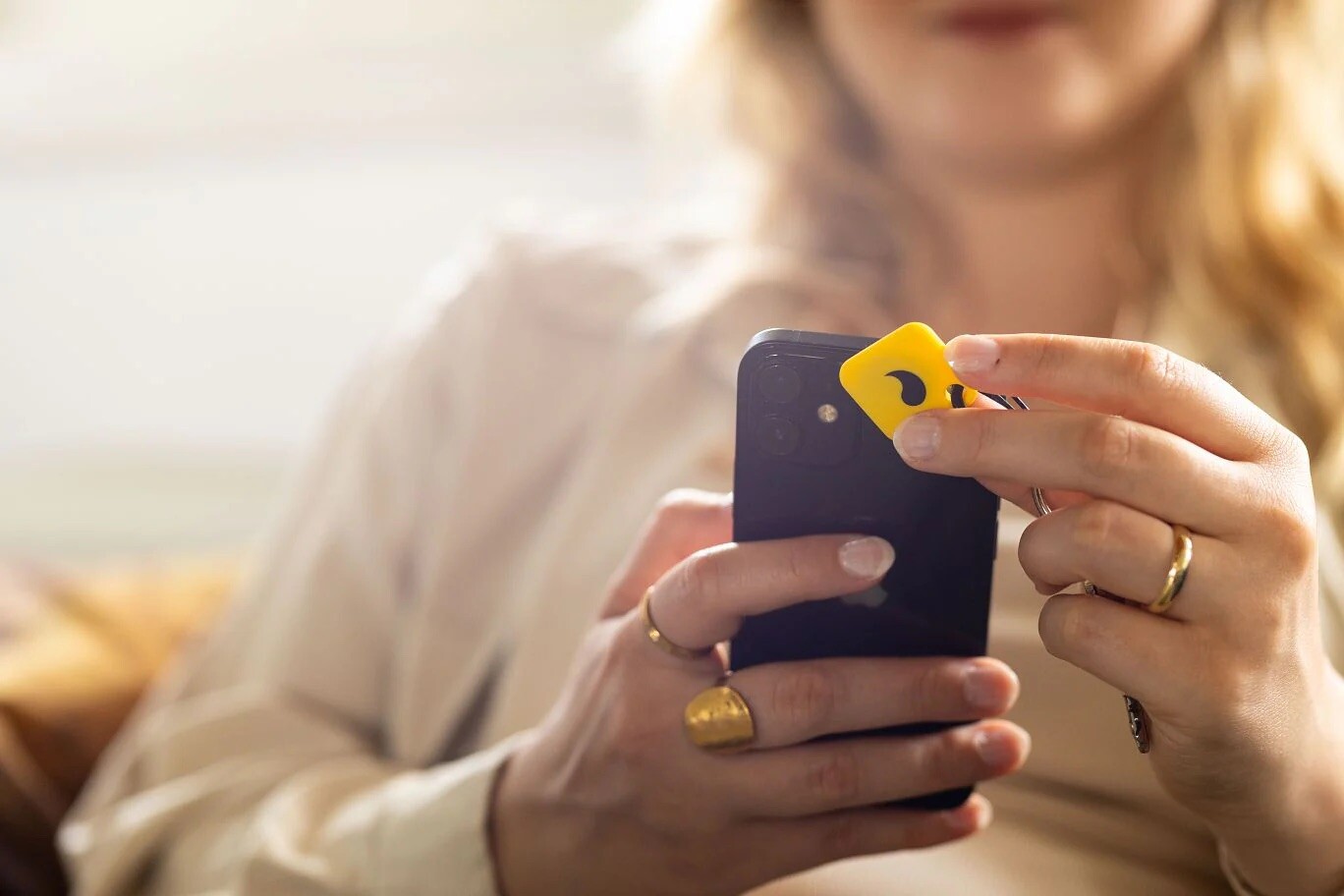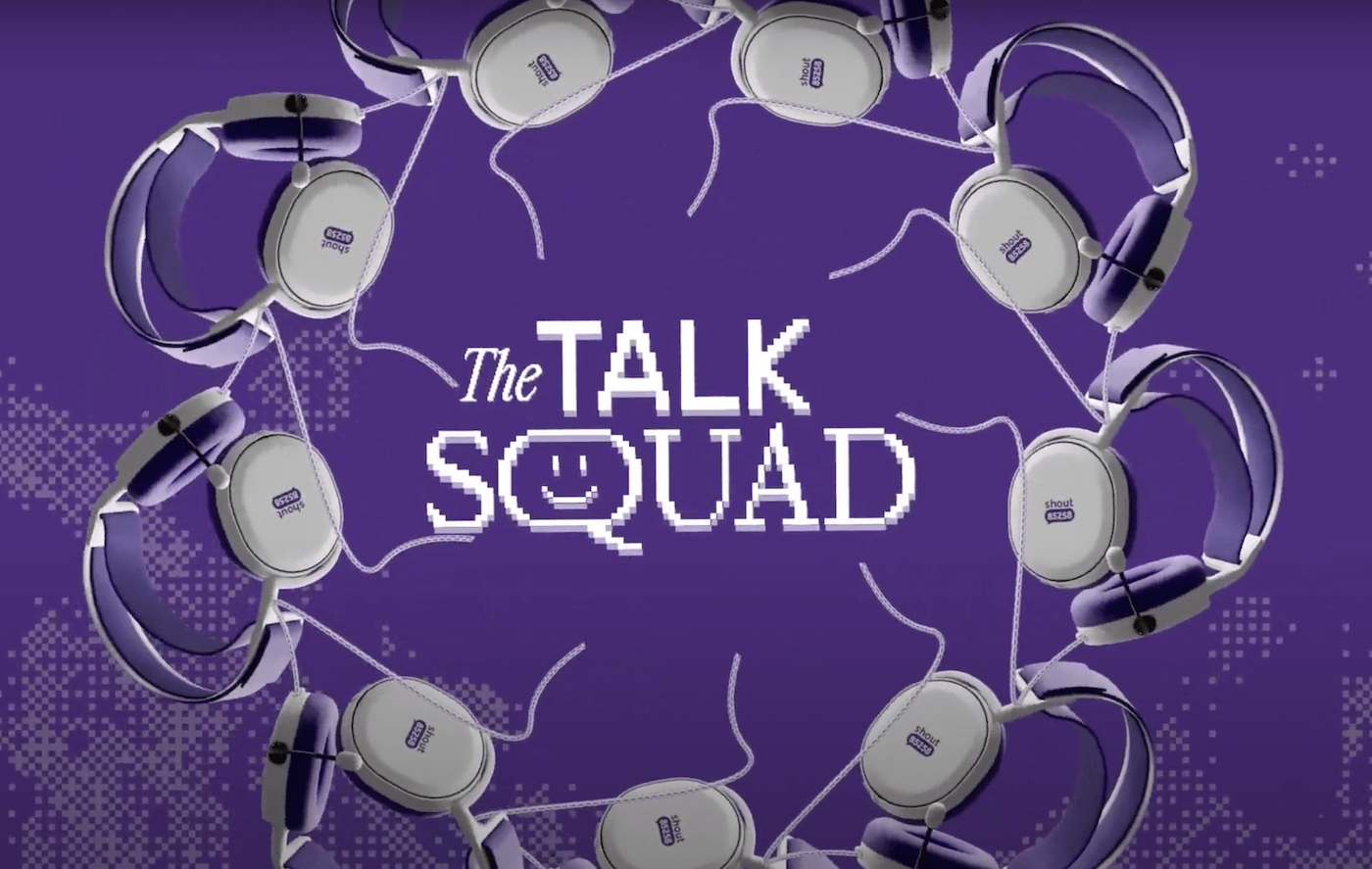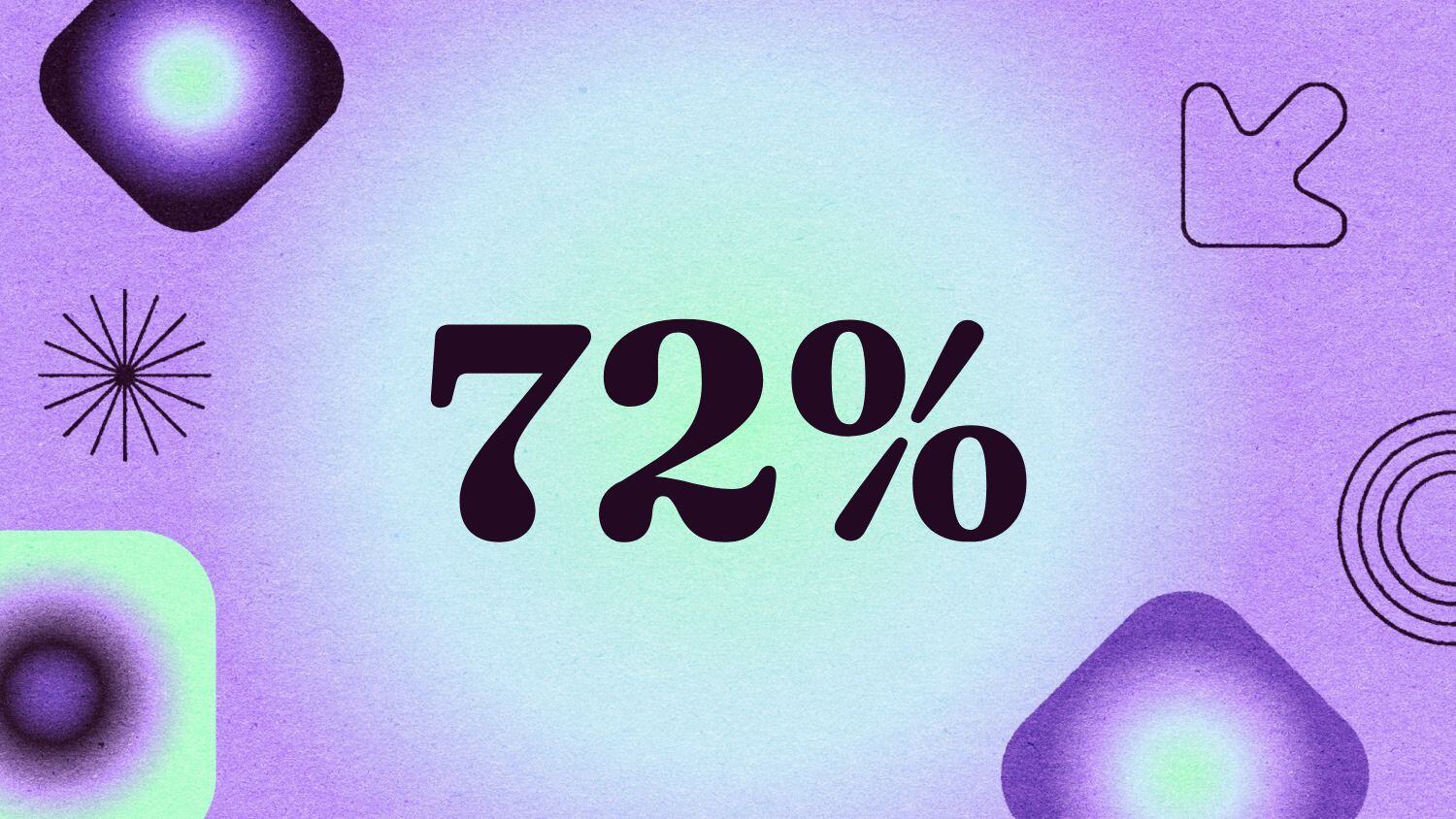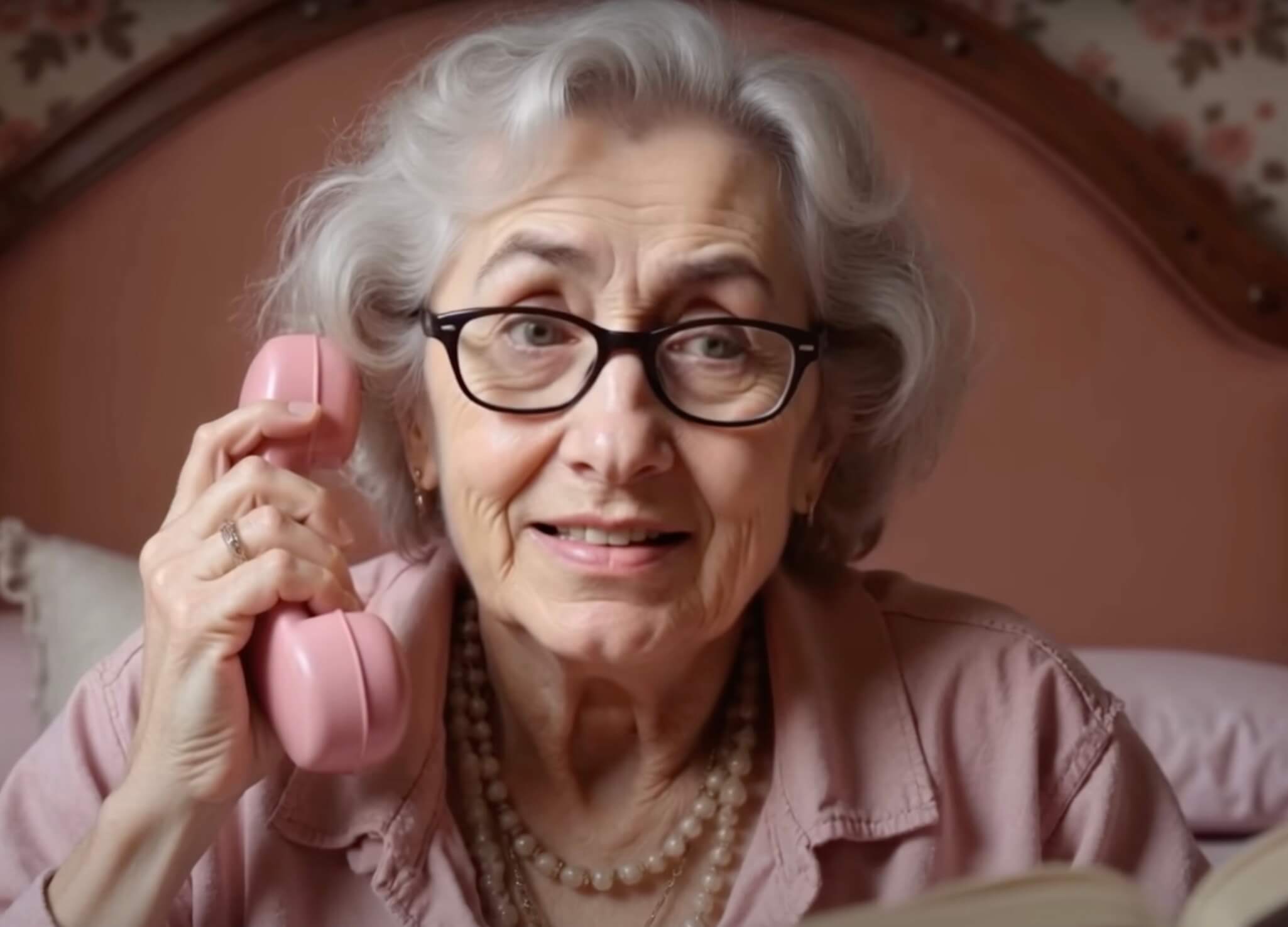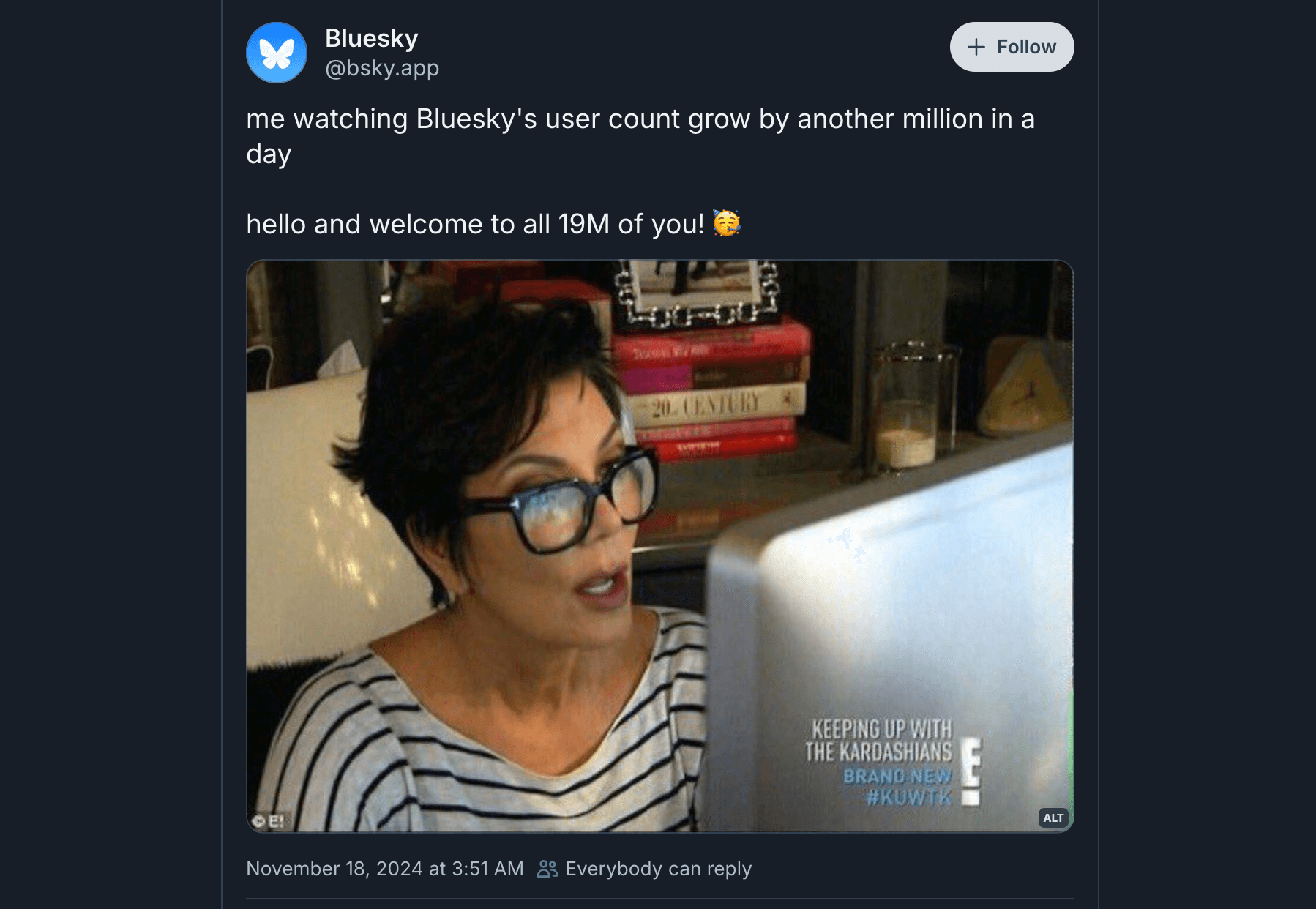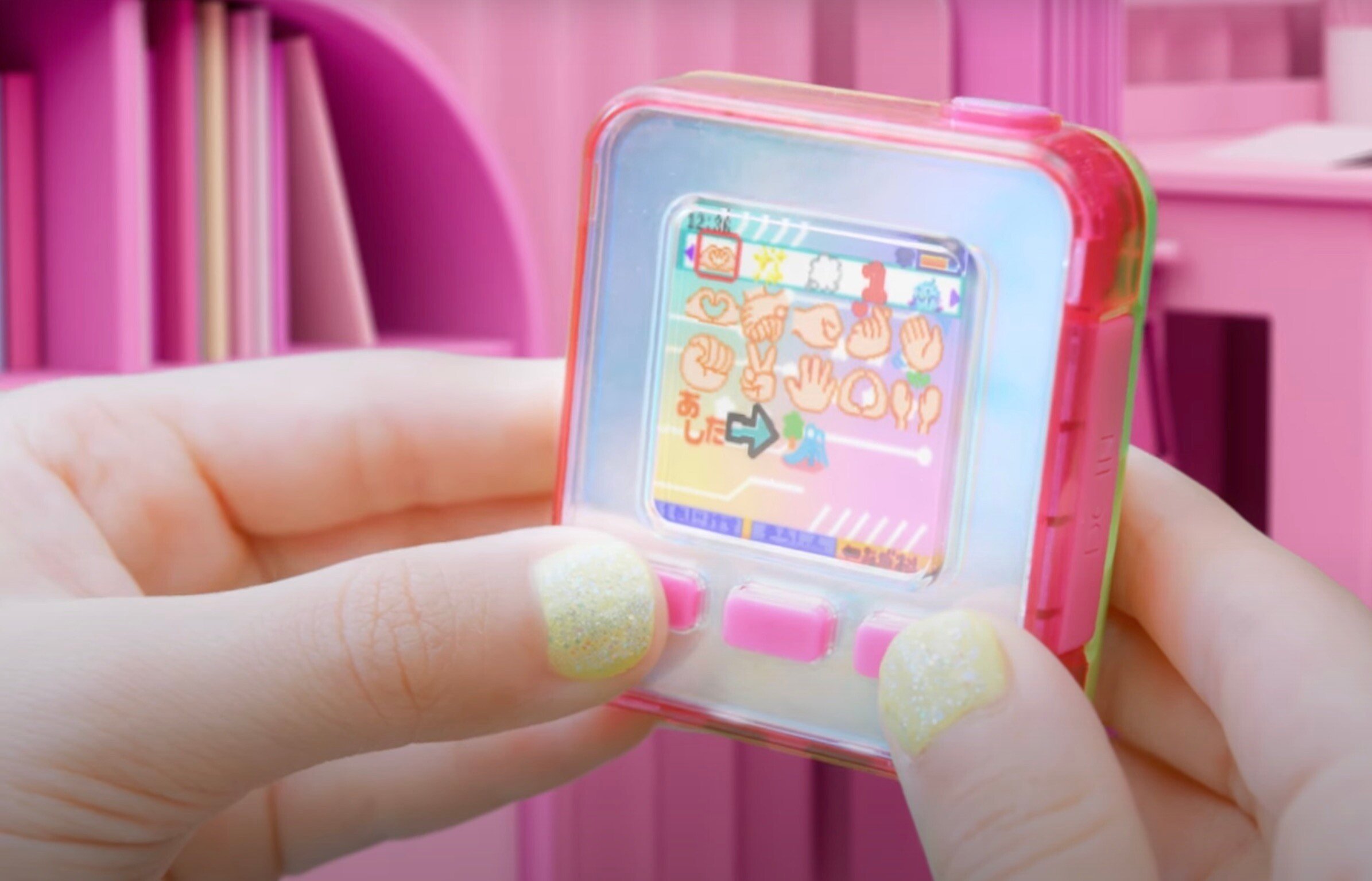Product scanning app Yuka has launched a new “Call-out” feature that enables users to directly challenge brands on their use of potentially harmful additives in food and cosmetics. The feature, introduced in November 2024, allows consumers to send pre-drafted messages to manufacturers via email or X when they scan products containing any of 81 additives that Yuka has designated as high risk based on current scientific literature. These additives, though legally permitted, are suspected of increasing risks of serious health issues, including cancer, cardiovascular disease and diabetes.
The initiative is initially targeting 3,100 of the most frequently scanned brands in Yuka’s database whose products contain at least one high-risk additive. A counter tracks the number of unique users who contact each brand, with progressive thresholds starting at 100 call-outs designed to build momentum for change. While manufacturers typically use additives for legitimate purposes such as extending shelf life or improving texture, Yuka argues that mounting evidence around “cocktail effects” (the interaction between multiple additives even at low doses) and concerns about cumulative exposure warrant their removal from products. The company plans to update users on any reformulations that result from these collective actions.
Smartphones have turned consumers into real-time researchers — and reporters. They turn to tools like Yuka to find accurate information and reduce ambiguity, but the obvious (and empowering!) next step is action. Is your brand ready to embrace the process, address people’s concerns and regain their trust?
Select your country
- Argentina
- Australia
- Austria
- Belgium
- Brazil
- Cambodia
- Canada
- Chile
- China
- Colombia
- Costa Rica
- Croatia
- Czechia
- Denmark
- Estonia
- Finland
- France
- Germany
- Ghana
- Greece
- Guatemala
- Hong Kong
- Hungary
- Iceland
- India
- Indonesia
- Ireland
- Israel
- Italy
- Japan
- Kenya
- Latvia
- Lithuania
- Malaysia
- Mexico
- Morocco
- Netherlands
- Nigeria
- Norway
- NZ
- Paraguay
- Phillippines
- Poland
- Portugal
- Puerto Rico
- Romania
- Serbia
- Singapore
- Slovakia
- Slovenia
- South Africa
- South Korea
- Spain
- Sweden
- Switzerland
- Taiwan
- Thailand
- Turkey
- UAE
- UK
- Ukraine
- US
- Uruguay
- Venezuela
- Vietnam
Select your country
- Argentina
- Australia
- Austria
- Belgium
- Brazil
- Cambodia
- Canada
- Chile
- China
- Colombia
- Costa Rica
- Croatia
- Czechia
- Denmark
- Estonia
- Finland
- France
- Germany
- Ghana
- Greece
- Guatemala
- Hong Kong
- Hungary
- Iceland
- India
- Indonesia
- Ireland
- Israel
- Italy
- Japan
- Kenya
- Latvia
- Lithuania
- Malaysia
- Mexico
- Morocco
- Netherlands
- Nigeria
- Norway
- NZ
- Paraguay
- Phillippines
- Poland
- Portugal
- Puerto Rico
- Romania
- Serbia
- Singapore
- Slovakia
- Slovenia
- South Africa
- South Korea
- Spain
- Sweden
- Switzerland
- Taiwan
- Thailand
- Turkey
- UAE
- UK
- Ukraine
- US
- Uruguay
- Venezuela
- Vietnam



